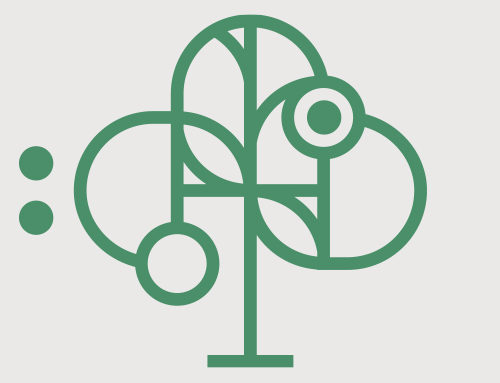I’ve been thinking about dissemination. The work I, and many others I know, do is ‘applied’ research; it seeks to address a specific need, rather than doing research for its own sake. While the importance of a well-defined problem and set of questions; an appropriately designed research response; and a well delivered fieldwork, analysis and reporting process cannot be overlooked – dissemination matters, and is often low on the agenda. If no-one’s using the findings, what’s the point?
It’s interesting – I’ve pained over creating perfectly neutral wording in discussion guides and using non-leading body language in interviews, over rigorous group analysis processes and personal reflexivity, over transparency in methodology and limitations write-ups. I’ve poured hours of overtime into delivering top-notch research only to feel like it’s fallen on deaf ears. The idea of not working in research becomes ever more alien to me, and – despite my thwarted attempts to hold onto it – so does the experience of those absorbing the report when you don’t speak our language.
“I’ve been lucky enough to volunteer for the Sweet Thames project over the past year, a beautiful oral history project capturing the stories of the 60s folk (music) scene in London.”
In my previous life (my early-mid 20s) I was a ‘community musician’. That basically means I facilitated music-making in pubs and community centres with a focus on the social benefits. Since college I’d been endeared by what music could do – I wasn’t really interested in who played the best notes in the best order (much to my tutors’ dismay), I was interested in how sound could start a riot or help someone grieve, how it could bring people together or keep them apart, how it could communicate something a conversation never could. But somewhere on the Midlands open mic and gig circuit, I lost my way.
“I got caught up in the need to sell myself as a product, and I totally drank the Kool-Aid, man.”
I met many folk musicians at the time and bless their golden hearts they tried to explain what folk music is about. But I missed the point – I heard the sounds, I saw the clothes, and I absorbed the lyrics that helped me and others make sense of the world. I wanted to make sense of the world, make sense of my experiences, and for others to do the same. What’s wrong with that? Nothing at all, but it turns out that there’s a difference between learning to perform a song and learning to present a song.
Even being an interviewer and helping with analysis on the Sweet Thames project all these years later – I missed the point. I understood that people wanted to connect with each other and be part of something, that they enjoyed these incredible (and less so) gigs, and they loved the songs. But it’s more than that. They learned about how their ancestors felt, they had respect for the songs that taught them something, and they loved connecting with others who shared this love of learning. They all valued different aspects of it and ways of doing things, but ultimately, they shared a deep respect for the songs.
When I was nervous to perform an acapella piece in-front of these knowledgeable folkies for the first time, it was because of my ego – I wanted them to like me. When I was nervous the second time, on Saturday just gone, it was because I didn’t want to fudge the song – I wanted them to hear it, to really feel it, like the miners and their families did all those years ago.
And what finally got it to land? Not the interviewing. Not the transcripts. Not the thematic report. Great as they were, it was the artistic interpretation that brought together snippets of the interviews through an incredible one-man stage show, with some dancing, playing, and a very strange puppet.
I get it now. It’s good to be a good singer – but I’m just a facilitator, sharing something I found that I think is worth them hearing. I get it. And I can finally get out of my own way.
“And it’s got me thinking – again – about how creativity and storytelling can land the essence of a set of findings, even if the reader can’t engage with how you got there, or the all-important nuances.”
So, maybe when social research looks down on the ‘quick and dirty’ qual that market research does there’s something to it – quick turnarounds to deliver in time for the work to be relevant requires a bit of sacrifice in analytical rigour, sure. But on my adventure into market research so far, I am dazzled by how much thinking goes into interpreting the findings into something meaningful for the client, and making those findings land in a language they can understand. I know some social research does this too, but it strikes me that what’s valued most across these two worlds is different.
So, whatever your project and whoever your end user – if the findings have value, let them be heard.
